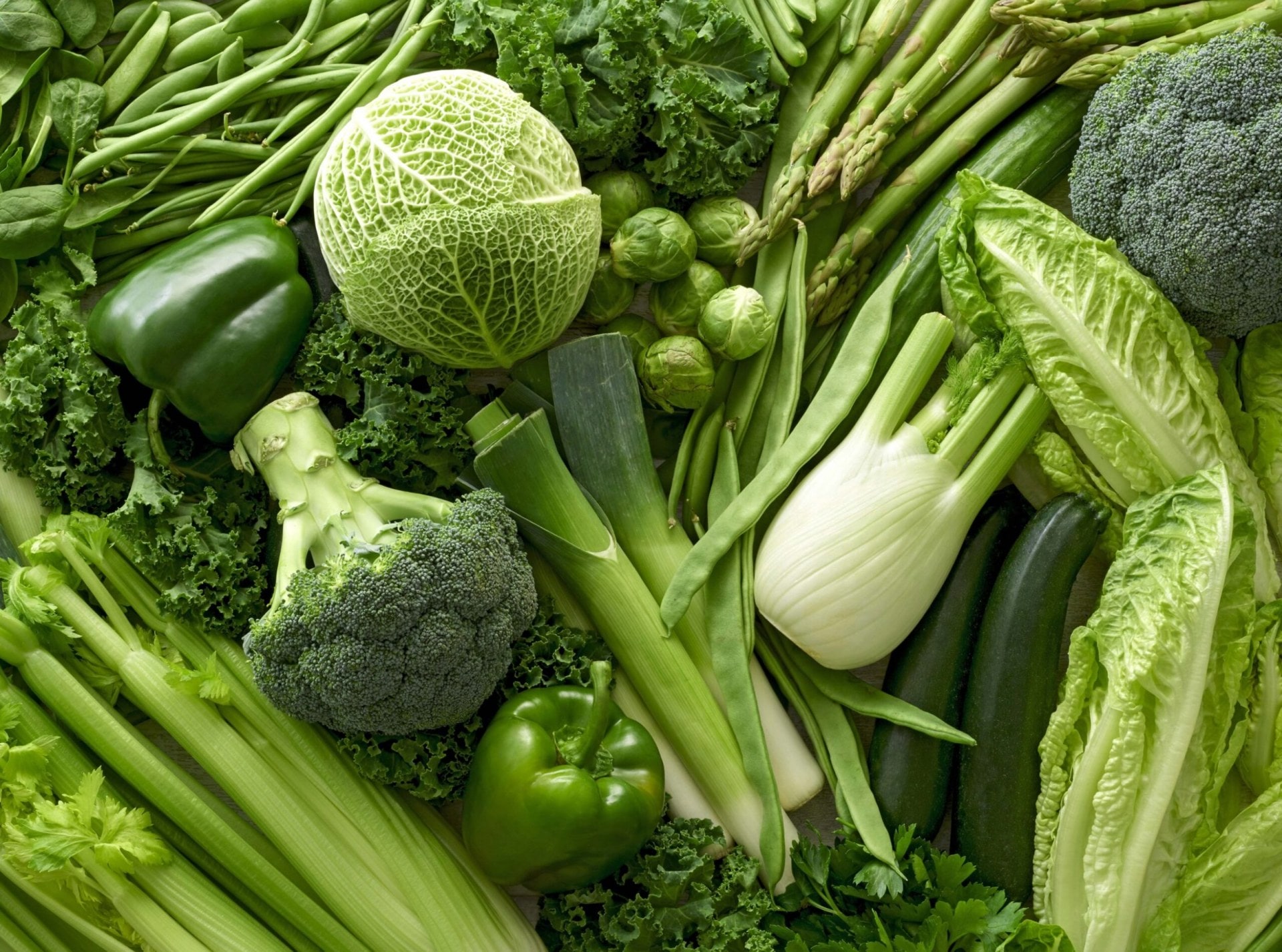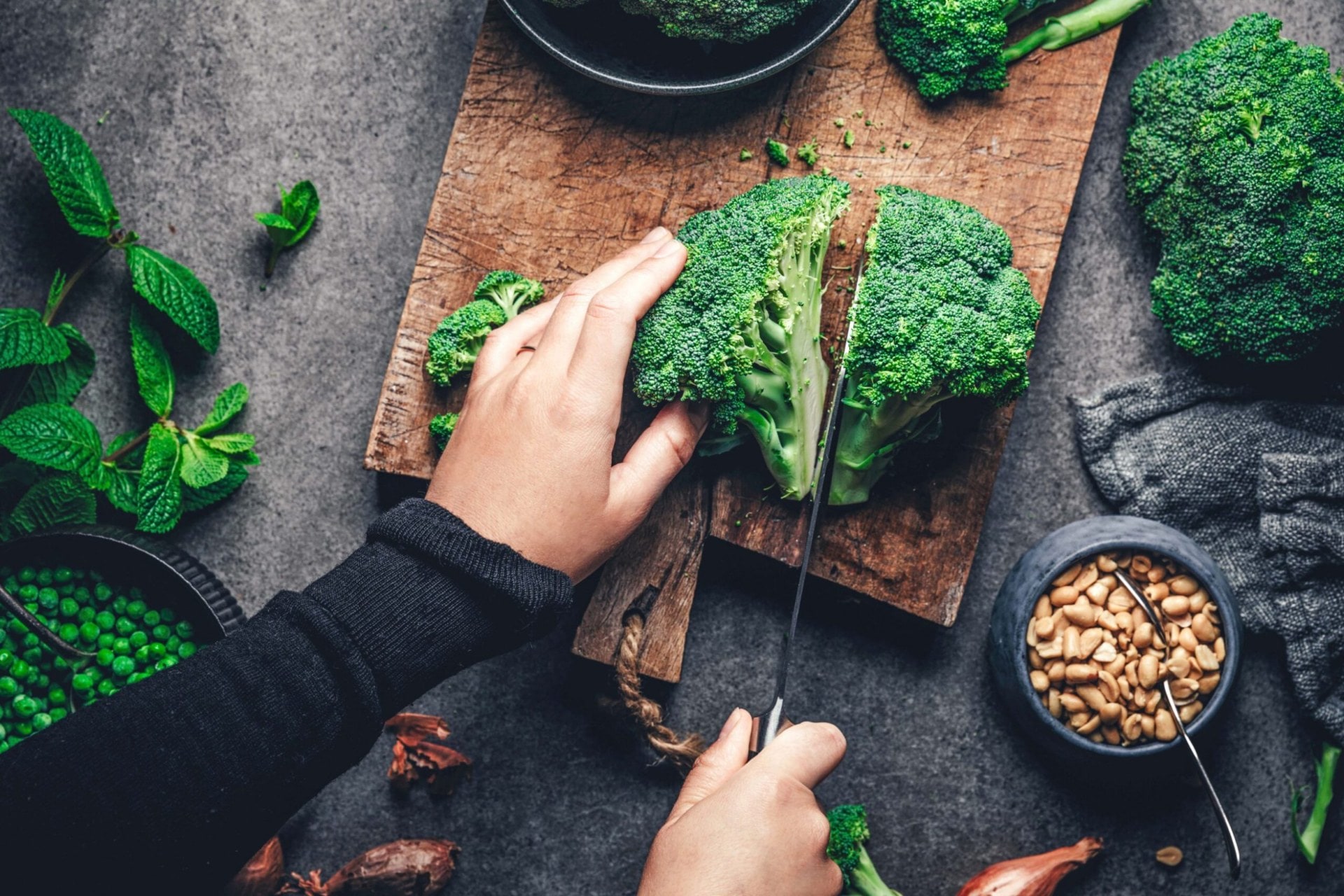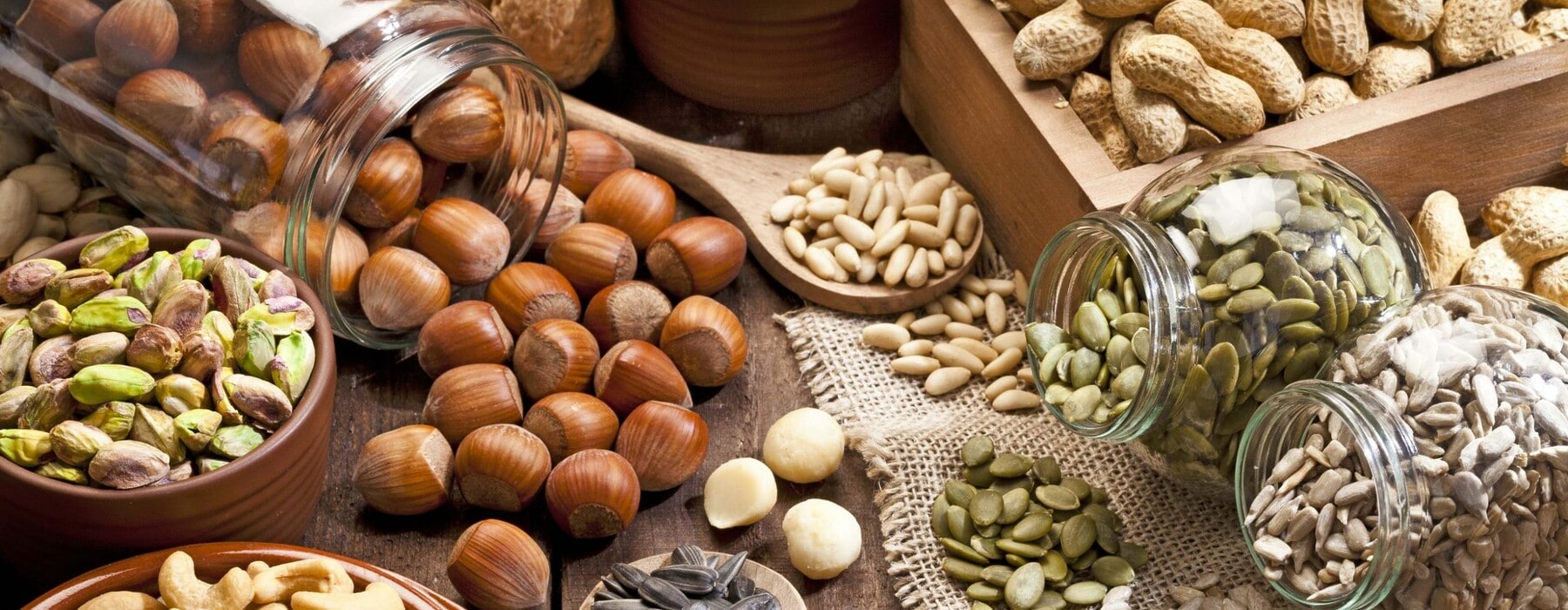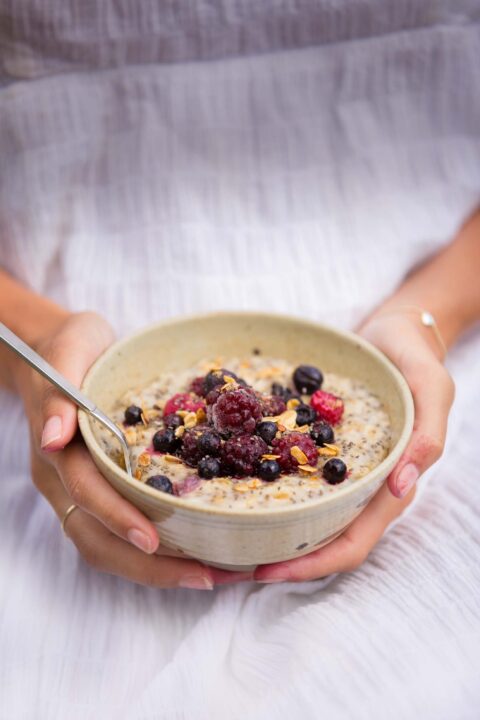Protein is important for everyone, says Amy Prebble, from hard-out athletes to the elderly. But how do you know if you’re getting enough, and can you overdo it?
There’s a very good reason for the current buzz about protein – getting enough of it is vital to good health.
What is protein?
Protein is the building block of the body. There are nine amino-acid proteins that we can only get from food and without them, we would be unable to grow strong bones, muscles, healthy hair or nails.
Our bodies require proteins and amino acids to produce important molecules – such as enzymes, hormones, neurotransmitters, and antibodies – so without an adequate protein intake, we simply can’t function well.
On top of all of this, out of the three basic macronutrients – fat and carbohydrates are the other two – protein is now the only one that isn’t viewed with suspicion. (Years of low-fat and low-carb diet advice have seen to that.) But how much protein do we really need and what’s the best way to get it?
But how much protein do we need?
According to Auckland-based nutritionist Emma Brake, the basic recommendation for healthy adults is 0.8 grams per kilogram of body weight, meaning a 70kg textbook human being would need to consume 56g of protein a day.
“This is the amount of protein, not the amount of protein-rich food,” says Emma. “To get 56g of protein, you need consume 280g of meat or almost three cups of lentils or legumes.
“This amount is only to prevent protein deficiency though,” she adds. “It’s not necessarily optimal, particularly for athletes who train regularly. For people doing high intensity training, protein needs to go up to 1.4-2g per kg of body weight.”
That doesn’t necessarily mean you need to go overboard on protein bars after every gym session. Depending on the timing of your workout, eating a meal that contains a good amount of protein within an hour after your exercise should be adequate for recovery and muscle maintenance.
But it’s not only athletes who need to up their protein intake – it’s actually more important for an elderly woman to have a protein shake than some buff young bloke in the gym.
A recent study in Finland found that adequate intake of protein is associated with a reduced risk of frailty in older woman (adequate was defined as least 1.1g per kg of body weight for people over 65).
In terms of food, the Finnish recommendation would be 77g of protein daily for an average person. You could get roughly that amount from two large eggs (13g), two slices of wholegrain bread (8g), half a cup of yoghurt (10g), a small chicken breast (33g) and a handful of peanuts (9g).
Both older women and men benefit from a protein-rich diet. In a 2018 study that followed more than 2900 seniors over 23 years, researchers found that those who ate the most protein were 30 percent less likely to become functionally impaired than those who ate the least. Although the study wasn’t conclusive (it’s possible that the older adults who consumed more protein were healthier to start with), a 2017 study that followed 2000 older adults over six years also concluded that those who ate the least amount of protein were almost twice as likely to have difficulty walking as those who consumed the most, and this was after adjusting for chronic conditions and other factors.
The research also suggests that it’s better for older adults (and indeed the rest of us) to spread protein consumption evenly throughout the day.
“We can only store so much protein at one time,” says Emma. “The upper limit of our storage never increases – the amount just cycles up and down as we eat or fast. You can’t simply eat a 1kg steak once and be done with it. The body needs protein stores to be continually replenished, which means you should consume moderate amounts of protein at regular intervals.”

Not only is protein essential for growth and muscle repair, it also gives us a feeling of satiety, meaning we feel full and satisfied when we eat it.
“Having protein, along with fat and carbs at every meal helps to balance the meal and so you feel fuller for longer,” says Emma. “You have fewer cravings, your energy is renewed, you have mental and cognitive clarity and overall feel much better.”
If you’re vegan, you need to put a bit of planning into getting your daily doses of protein. Instead of meat, chicken, fish and eggs, you can get your protein from soy-based tofu and tempeh, lentils, split peas along with the soy-based yoghurts, nuts, seeds, wholegrains and textured vegetable protein.
When choosing alternative milks, such as soy or almond milk, opt for ones with extra protein and iron added.
Emma believes there is a place for protein shakes and supplements in addition to a balanced diet.
“I use complete amino acid supplements regularly with my clients. Generally, there are two groups of people I recommend them to – anyone who is vegan or vegetarian, or is a fussy eater and struggles to get their daily amount of protein, and anyone who struggles with fatigue. Amino acids are used inside our mitochondria to produce adenosine triphosphate (ATP). ATP is our body’s energy currency, so it’s pretty important,” she says.
Emma recommends looking for protein powders that don’t have loads of unnecessary ingredients for your liver to process, and also cautions that there can be a lot of added preservatives and additives in some protein bars. “They’re okay for an emergency snack, but just because they’re ‘low carb’ or ‘high protein’ doesn’t mean they’re healthy.”

Can you overdo it?
It’s also important to remember that protein is just part of a good diet. Focusing on protein while neglecting fruit, vegetables, fats and wholegrains is just another form of disordered eating.
It is however, unlikely, that you’re in danger of overdosing on protein.
“The amino acid pool in our body is only so big, the most we need to consume throughout the day for protein synthesis probably isn’t more than 1.4 to 2g per kg,” says Emma. “It is possible to convert excess protein into fat or sugar in the body, however, it’s not something the body does regularly and I would argue you’d have to eat an enormous amount of protein all the time for this to be happening. There has always been some talk that too much protein is bad for the kidneys, but from what I’ve read and been taught, this is not true for healthy individuals.”








